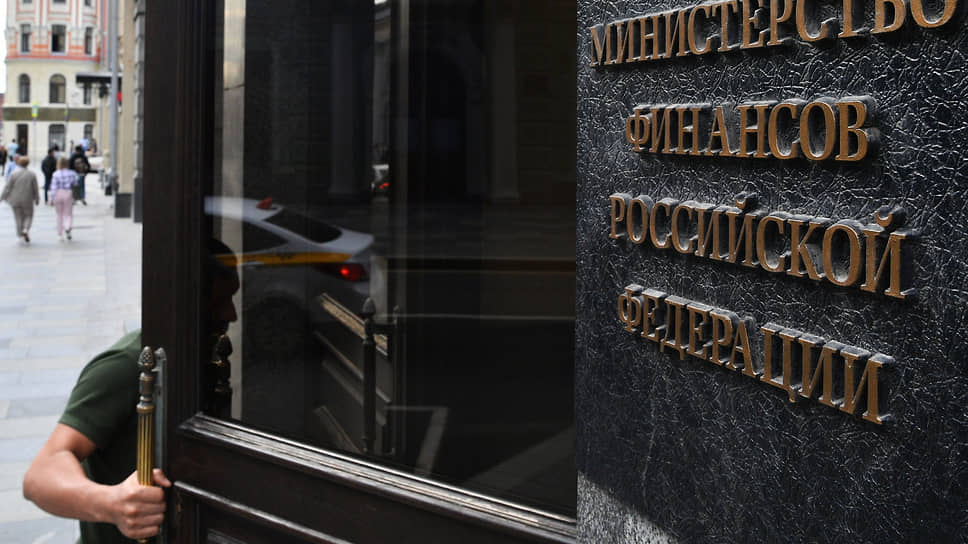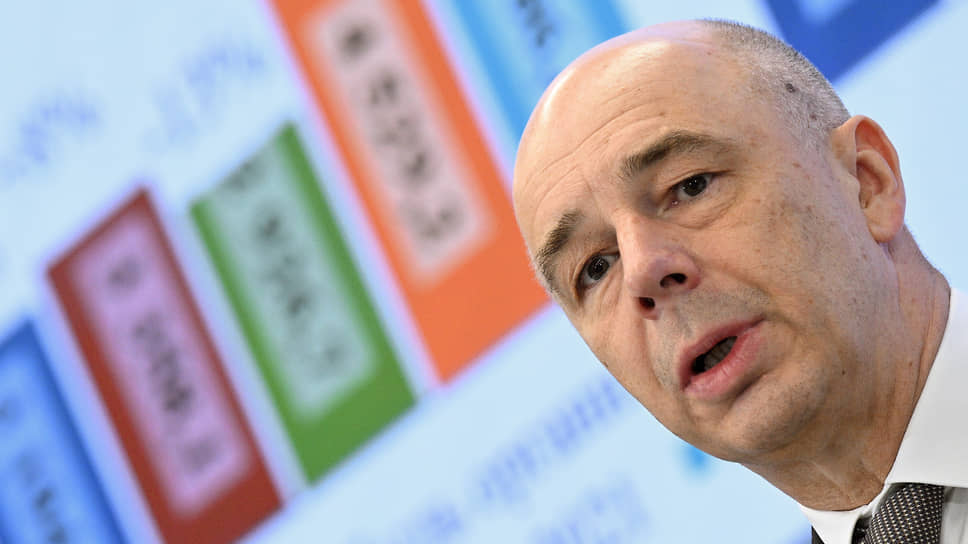Coupons will be unfrozen according to the scheme – Kommersant FM
[ad_1]
The Russian authorities have come up with a new scheme for exchanging assets with foreigners. True, it can only be used to unfreeze coupons and dividends from foreign securities. The Russians are planning to compensate for lost interest. The money will be transferred from type “I” accounts. Now they store income from Eurobonds of the Ministry of Finance, which are owned by non-residents. In turn, Moscow plans to fulfill its obligations to foreigners according to a new scheme, which was approved by President Vladimir Putin by his Friday decree. How will the mechanism be arranged? And what does it give to domestic investors? Ivan Khorushevsky sorted it out.
In June 2022, Russia, according to foreign agencies, experienced a technical default. Due to restrictions and blocking of assets, it was unable to pay in foreign currency to holders of its own Eurobonds. Then the Russian authorities decided to fulfill their obligations differently. They began paying money to foreigners in ruble equivalent to special “I” type accounts opened with the National Settlement Depository (NSD). Non-residents could withdraw their due income at any time, but under the sanctions they did not take advantage of the opportunity. The funds turned out to be frozen.
From mid-December, as follows from Vladimir Putin’s decree, this money will be used to compensate for coupons and dividends from frozen foreign securities lost by Russians. True, payments to investors will be transferred gradually, warns NSP Law Firm lawyer Gleb Boyko:
“The decree established a certain order. First, payments will be made on shares of foreign issuers, depository receipts, on securities certifying shares in investment funds, and so on to individuals and management companies. Then obligations to individual holders of Eurobonds will be fulfilled. And within one queue, the priority will be established in accordance with the due date of payment for the relevant paper.”
Foreigners, in turn, will begin receiving payments on Russian government debt from NSD’s foreign accounts starting in December. Transfer orders will be sent to international depositories. But the funds may not reach Eurobond holders, notes Dmitry Alexandrov, managing director of the investment company Ivolga Capital:
“NSD is under European sanctions, and, accordingly, orders that it will submit will have to be rejected by the global depositories Euroclear and Clearstream. But if licenses are obtained, the whole scheme begins to work. The trick is that foreign states are interested in issuing the appropriate licenses, since they will not help the Russian Federation in any way, but rather, on the contrary, money will begin to leave NSD’s balance sheet.”
Non-residents themselves will have to seek licenses from regulators. And given how many applications have been considered in the last year, this process will clearly not be quick. But Russians, according to lawyers, may also have difficulties with the return of funds.
The fact is that 5 million domestic investors suffered from the blocking of foreign assets. Eurobonds of the Ministry of Finance, according to Kommersant FM interlocutors, are owned by disproportionately fewer foreigners. And this is bad news for those applying for compensation, says sanctions lawyer Elena Ryazanova:
“There won’t be enough money for everyone, because the size of the Ministry of Finance’s foreign currency obligations on Eurobonds is somewhat more modest than the size of the funds that are currently blocked in the account with Euroclear. And this is a one-time action, because these funds will be used to pay off the obligations that accrued from February 1, 2022 to September 8, 2023. All dividends and coupons that will come from September 9 onwards are no longer covered by these amounts. To do this, it will be necessary to adopt some additional regulatory act that would allow this period to be extended.”
At the same time, the Central Bank clarified that Russians will not be compensated for the cost of blocked securities. Instead, they are going to exchange frozen assets with foreigners, the Ministry of Finance is working on this. The European Union stated that they had not heard anything about such plans.
Everything is clear with us – Telegram channel “Kommersant FM”.
[ad_2]
Source link







